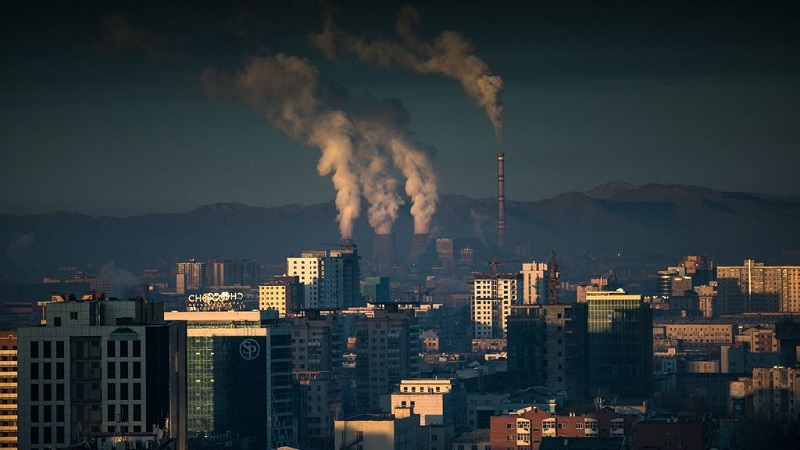
We are all aware that burning coal or gasoline releases greenhouse gases that contribute to climate change. But did you know that these gases also serve useful purposes? By removing pollution particles like aerosols that chill the world by reflecting sunlight and dissipating some of the heat, they really aid in keeping our planet cool. However, the Earth is really getting hotter now that a growing number of people acknowledge that climate change is real and that air pollution is declining. A recent study has brought attention to the harm that this cleaner air is doing to the environment and how it will impact us in the future.
Science.org reports that during the study, researchers have discovered that the impact of global air pollution on climate has decreased by up to 30 per cent from 2000 levels based on a variety of satellite studies.
Although the reduction of airborne fine particles, or aerosols, is good for public health and is thought to prevent the deaths of several million people annually, it is detrimental for global warming.
Cleaner air has actually increased the amount of heat brought on by carbon dioxide emissions over the same period of time by anywhere between 15% and 50%, claims Johannes Quaas, a climate scientist at Leipzig University and the study’s lead author.
There will also be ‘a lot more of this,’ he believes, as air pollution levels continue to drop.
Jan Cermak, a remote sensing specialist at the Karlsruhe Institute of Technology, told Science.org that continuing to pollute is not the answer.
‘Air pollution kills people. We need clean air. There is no question about that.’ Instead, he believes, efforts to minimise greenhouse gases must be increased.
Given that the Earth has warmed by around 1.2°C since preindustrial times, Hansen feels there is little likelihood of lowering emissions quickly enough to meet the 1.5°C limit scientists have requested.
Therefore, he believes that using aerosols once more, but this time through solar geoengineering, may be the solution.
According to him, adopting interim remedial steps will be necessary to prevent catastrophic impacts, and this most definitely includes the planned temporary use of aerosols. The contentious idea of injecting sulphate particles into the stratosphere to create a universal reflecting haze is known as geoengineering.

Post Your Comments